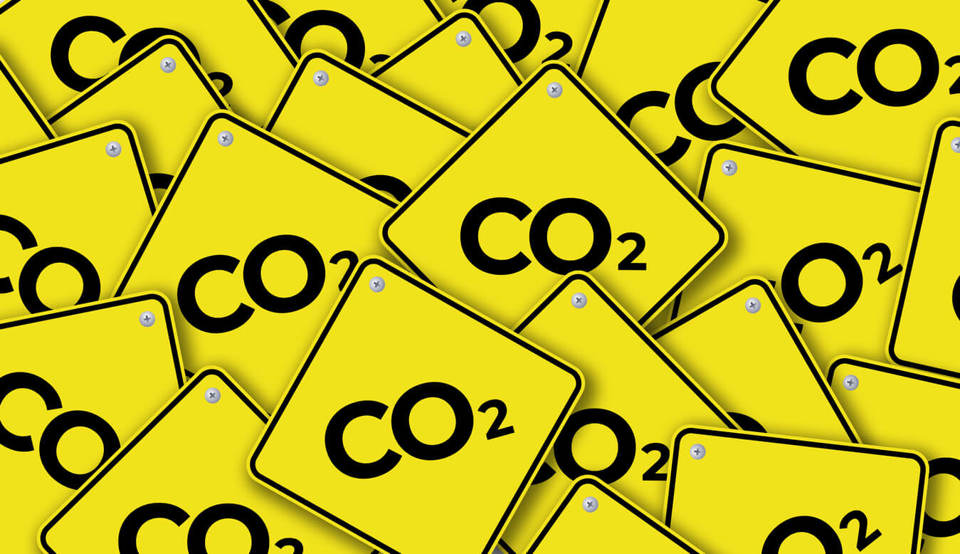Staff and supporters of the Centre for Alternative Technology will join thousands of other individuals and organizations in calling for a ‘Zero Carbon Britain by 2030 at the Climate Emergency Rally on the 4th December 2010.
Paul Allen, external relations director at CAT who will address the Climate Emergency Rally said “The cuts we really should be talking about the cuts in carbon emission, we cannot bail out the climate in the same way that we have bailed out the economy. We only have one chance. “
Other speakers include John McDonnell MP (Labour), Caroline Lucas MP (leader, Green Party), Michael Meacher MP (Labour), Paul Allen (pioneer, Zero Carbon Britain project), Tony Kearns (CWU), Maria Souviron (Bolivian ambassador), Deborah Doane (Director, World Development Movement), Andy Atkins (Director, Friends of the Earth) and Ben Brangwyn (co-founder Transition Towns), John Stewart (chair, AirportWatch).
In June 2010 CAT published Zero Carbon Britain, the report integrates thinking across a range of sectors and shows how we can 'Power Down' through reducing demand and 'Power Up' renewables to 100% by 2030 .
Key priorities of the report include:
Transport:
63% reduction in energy use for transport could be achieved by:
- A switch from petrol / diesel powered vehicles to electric / battery powered vehicles.
- Rail and bus services replacing domestic and short haul flights.
- Two- thirds reduction in long haul aviation using kerosene fuel produced from coppice in the UK.
Buildings:
50% reduction in heat and electricity demand could be achieved by:
- Insulation of all of Britain's un-insulated cavity walls and lofts.
- Using natural construction materials such as wood, straw and other natural materials will lock away C02.
Land Use:
- Britain can grow most of its own food whilst still producing biomass for heating, electricity and transport fuel.
- Land can be used to mop up residual emissions through sequestration.
- A 80% reduction in livestock products that generate 82% of green house gases in the agricultural sector. Non-livestock products generate more food and have a higher nutritional value.
















Login to comment
Comments
No comments have been made yet.